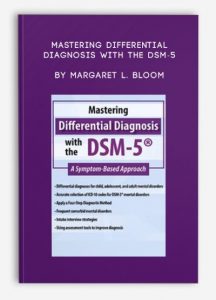 Mastering Differential Diagnosis with the DSM-5 by Margaret L. Bloom
Mastering Differential Diagnosis with the DSM-5 by Margaret L. Bloom
More information about Medical:
Medicine is the science and practice of establishing the diagnosis, prognosis, treatment, and prevention of disease.
Medicine encompasses a variety of health care practices evolved to maintain and restore health by the prevention and treatment of illness.
Contemporary medicine applies biomedical sciences, biomedical research, genetics, and medical technology to diagnose, treat, and prevent injury and disease,
typically through pharmaceuticals or surgery, but also through therapies as diverse as psychotherapy, external splints and traction, medical devices, biologics, and ionizing radiation, amongst others.
Medicine has been around for thousands of years, during most of which it was an art (an area of skill and knowledge) frequently having connections to the religious and
philosophical beliefs of local culture. For example, a medicine man would apply herbs and say prayers for healing, or an ancient philosopher and physician would apply bloodletting according to the theories of humorism.
In recent centuries, since the advent of modern science, most medicine has become a combination of art and science (both basic and applied, under the umbrella of medical science).
While stitching technique for sutures is an art learned through practice, the knowledge of what happens at the cellular and molecular level in the tissues being stitched arises through science.
Outline:
Quick Review of Using the DSM-5 and ICD-10
- Diagnosis of mental disorders in the U.S.A.
- Use of two models DSM-5 and ICD-10
- Use of Specifiers
- DSM-5 and ICD Coding and Recording
- Web-based DSM-5 Resources
- Digital Updates
- DSM-5 Cross-Cutting Symptom Measures and Screening Tools
Four Step Diagnostic Method
- Case 1: Michelle
- Goals of the Clinical Interview
- Steps to a DSM-5 Diagnosis
- Step 1: Gathering Client Information and Behavior Sample
- Interview Phases I, II, and III
- Using Client Observation Sheet in Step 1
- Using assessment tools to supplement data
- Sources of Error to avoid in the clinical interview
- Step 2: Identifying Key DSM-5 Symptom Clusters
- Step 3: Differential Diagnosis List
- Considering medical and substance causes of symptoms
- Assessments for Alcohol, Drug and Tobacco use
- Differential Diagnosis Guides in DSM-5 Manual
- Step 4: Initial DSM-5 Diagnosis
- Comorbidity considerations
Differential Diagnosis of Specific DSM-5 Mental Disorders
Clients with Symptoms of Depression
- Key symptoms of Depression and Dysphoria
- Substance-Related and Medical conditions with Depressive Symptoms
- Mental Disorders with Symptoms of Depression
- Diagnosis Challenge: Case 2: Marilyn Wilson
- Differentiating Disorders with Symptoms of Depression
- Frequent Comorbid Disorders
Clients with Fear and Anxiety
- Key Symptom Patterns of Anxiety
- Substance-Related and Medical conditions with Anxiety Symptoms
- Mental Disorders with Symptoms of Anxiety
- Differentiating by Patterns of Anxiety symptoms
- Diagnosis Challenge: Case 3: Hunter
- Specific Differential Diagnoses
- Generalized Anxiety Disorder
- Panic Disorder
- Frequent Comorbid Disorders
Clients with Abnormal or Impaired Cognition
- Diagnostic Challenge: Case 4: Christa
- Sorting Patterns of Psychosis
- Substance-Related and Medical conditions with Psychosis symptoms
- DSM-5 mental disorders with psychosis symptoms
- Sorting Patterns of Cognitive Deficit: Case 5: Bob Gray
- Substance-Related and Medical conditions that produce cognitive deficits
- Differential Diagnosis when Cognitive Deficits as a Key Symptom
- Neurodevelopmental Disorders
- Neurocognitive Disorders
Clients with Repetitive Thoughts and Behaviors
- Diagnostic Challenge: Case 6: Devin
- Mental Disorders with Symptoms of Repetitive Thoughts and Behaviors
- Substance-Related and Medical conditions associated with Repetitive Thoughts and Behaviors
- Frequent Comorbid Disorders
Clients with Disruptive Behaviors
- Disruptive Behavior Symptoms
- Diagnostic Challenge: Case 7: Natalia is a Problem
- Substance-Related and Medical conditions associated with Disruptive Behaviors
- Differential Diagnosis by Patterns of Disruptive Behavior
- Defiant, Angry and Vindictive
- Impulsive and/or Antisocial
- Comorbidity in DSM-5 Disruptive, Impulse Control, and Conduct Disorders
Description:
Take your DSM-5® diagnostic skills to the next level! This advanced recording is designed specifically for mental health professionals seeking to master clinical diagnosis and differential diagnosis using the DSM-5®, ICD-10 and online assessment tools. The focus of this workshop is on the key symptoms for each diagnosis, common differential diagnoses and frequent comorbid disorders of anxiety, depressive, trauma-related, substance-related, psychotic and neurodevelopmental disorders. Case examples and studies are provided throughout – giving you the opportunity to learn and apply a four-step symptoms-based diagnostic method. Topics include the clinical intake interview, differential diagnoses, online assessment tools to narrow diagnosis and potential comorbidities.
Ph.D.
Margaret (Peggy) L. Bloom, Ph.D., a licensed psychologist and NCC, is a Professor Emerita of Counselor Education and Counseling Psychology at Marquette University in Milwaukee, Wisconsin where she taught psychopathology, diagnosis and assessment and foundations of clinical mental health counseling. Previously she served on the faculties of Loyola University, Chicago, University of Memphis, Boston University, Overseas, and the University of Florida. Peggy is nationally recognized for her knowledge and expertise in assessment, DSM diagnosis and in counselor education. She is an appointed member of the Board of the Center for Credentialing & Education (National Board for Certified Counselors), an elected fellow of the American Psychological Association and a past-president of the Association for Counselor Education and Supervision. Peggy has published numerous journal articles and made professional presentations across the world.
Beginning with the introduction of the DSM-III-R, then the DSM-IV, and now the DSM-5®, Dr. Bloom has conducted DSM seminars across the United States for hundreds of psychologists, professional counselors, social workers and other mental health professionals. Peggy brings a unique interdisciplinary perspective to each DSM seminar. She began her career as a psychiatric nurse and earned graduate degrees in nursing, counseling, and counseling psychology. For a number of years she maintained a private therapy practice in addition to her university positions.
Bloom received her bachelor of science in nursing (with distinction) from the State University of New York at Buffalo, a master of science in psychiatric nursing from the University of California at San Francisco and a master’s in counseling and guidance from the University of Hawaii. She earned her Ph.D. in counseling psychology (education) from Arizona State University in Tempe. She also holds certificates in management and leadership in education from Harvard University.


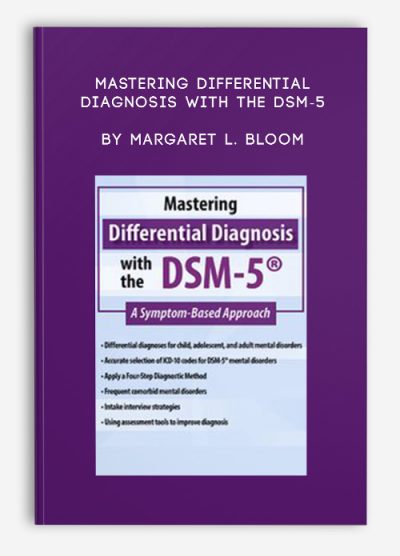

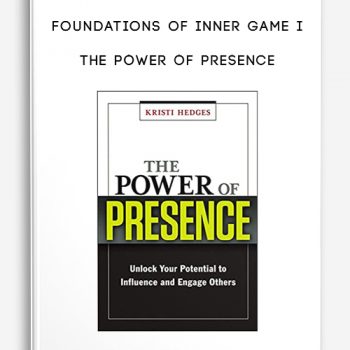
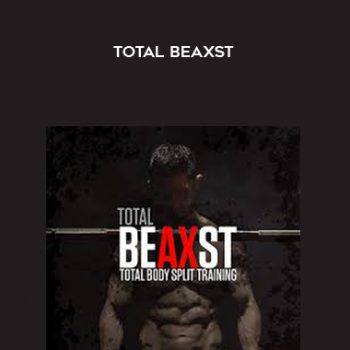

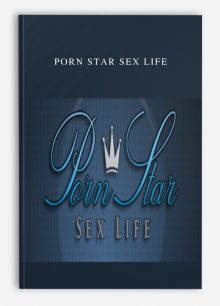
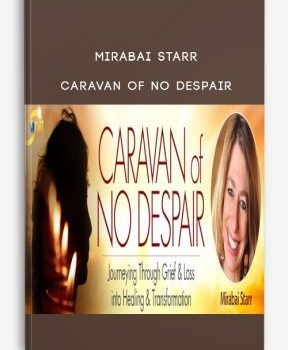

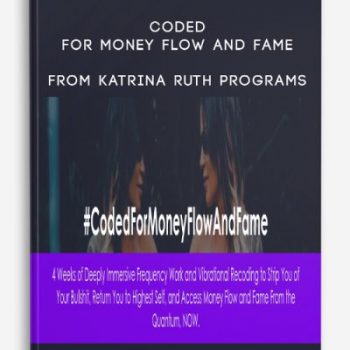
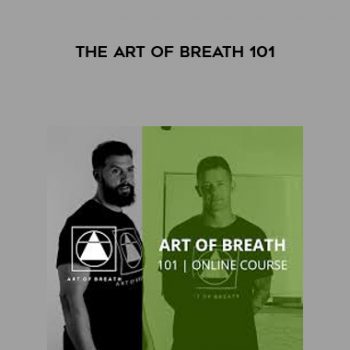

tristian –
This is Digital Download service, the course is available at Coursecui.com and Email download delivery.